Sonya Lennon Reveals the Surprising Leadership Shift That Could Transform Your Business—and Lift Everyone Along the Way
What happens when a queen of fashion decides to swap the runway for real-world impact? Sonya Lennon, whose keen eye for style turned heads on RTÉ’s Off the Rails, didn’t just settle for dressing others; she’s channeling that flair into reshaping leadership across Ireland. Starting from the ashes of a devastating school fire that rerouted her path from art college dreams to retail hustle, Sonya turned challenges into stepping stones—and her story proves that sometimes the best education ain’t behind a desk. But here’s the kicker: she’s not just empowering wardrobes but entire lives through Work Equal, a social enterprise born from a genuine desire to lift women out of employment struggles and into confident, career-driven futures. It’s about muscle, not just money—the muscle to believe, to speak up, and demand the spotlight in a world too often blurred by overlooked brilliance. So, what does it really take to lead—and how can one woman’s vision rekindle the contagious power of positive leadership in a whole country? Pull up a chair, because Sonya’s taking the conversation deeper than fabric and fashion, all the way to the very heart of leadership itself. LEARN MORE
Fashion queen Sonya Lennon has co-founded a social enterprise aimed at increasing the level of positive leadership in Ireland. She talks to Kate Demolder about the enterprise and why she feels it’s so important to empower women in business
When Sonya Lennon was a teenager, she wanted to go to art college.
She didn’t end up there, but not for lack of trying. When she was in sixth year, her school, Loreto Convent on St Stephen’s Green, Dublin, burned down, resulting in what she describes as “a terrible loss of life”.
It also claimed the arts room with her whole class’s portfolios.
“It was a tragic incident,” she says. “And when we finally came to terms with it all, we realised our college plans were shelved temporarily.
“So, on learning that, I decided to go into retail, which was the best education I could have ever gotten.”
Lennon spent her childhood existing around the hum of her grandmother’s sewing machine or feeling the goosebumps on her forearms as she watched international catwalk shows.
“I was an early adopter of the power of how we present ourselves to the world,” she smiles from her home in Dublin.
“And, to me, that was like a drug.”
She stayed in retail for five years, learning how to conduct herself in highend, luxury environments and all about consumer behaviour and the power of trust in one-on-one relationships.
“Never go for the quick sale,” she says, citing one of her hard-earned mantras.
Soon she began working as a stylist, a role which carried her on a freelance basis for 20 years.
It was through this that she was offered a co-presenter role on RTÉ’s flagship fashion show Off the Rails alongside long-time collaborator Brendan Courtney.
The role originally caused her to take pause. It’s no secret that the work women do can be underappreciated, undervalued or not fully recognised, particularly in women centric spaces like fashion and beauty.
Lennon braced herself for the worst case scenario.
“When I was working as a freelance stylist, I was working in a sector that understood its own values and its own importance,” she says.
“You come together, you do a job, you disband, you come together, you do a job.
“And everybody has a very specific role to play in that. And then I found myself repositioned as this fashion girl.
“And I was really aware of that shift, and was terrified I was going to have my reputation damaged, because I really understood the psychology of my job and worried that I would be sort of diminished on a TV platform.”
What changed things was Lennon’s assigned media trainer, who insisted that whatever she brought to the screen would be handled with respect.
“It was great to get that kind of permission slip, to feel good about myself,” she says. “And I thought, well, if I can democratise it, I want to do the same for the people who really, really need it.
“And that was women who were really struggling to find employment.”
Dress for Success, now Work Equal, was born of that narrative.
Lennon founded the organisation in 2012, as the country was still grappling with a post-recession hangover.
Since then, Work Equal has set up a standalone boutique on Dublin’s Ellis Quay, road tripped around the country and helped thousands of women from all walks of life.
“We help all types. Women who’ve fallen out of education, women who found their way out of the sex trade, women who have suddenly divorced, meaning they’ve a very nice address but now need to find their own way to make money, as well as PhD students who have been institutionalised by academia and no longer know how to present themselves.
“It’s really broad, but it is the most extraordinary work to see that moment of a switch when somebody suddenly feels capable of presenting themselves. It’s magic.”
Work Equal covers far more than just styling.
“We also work very closely with career guides and coaches, mentors, sponsors, who can really support our clients, mainly women and some men, to build their confidence and succeed in their careers, even beyond getting the job,” Lennon says.
“So much stuff happens under the waterline that people don’t even see about our organisation, but that’s the fuel that keeps people going.”
Service users, upon getting in contact, benefit from lots of free amenities, including mentoring, peer network service events, continuous professional development and information about financial literacy, as well as a capsule wardrobe.
The drive to help others in a world that can seem like it’s not created for them hails from Lennon’s mother, a former member of Aer Lingus’s transatlantic cabin crew, who impressed the idea of self-actualisation on both her and her sister.
When she got the Off the Rails gig, Lennon could hear the words of her mother echoing through her mind.
“If you’re not part of the revenue, you’re not part of the decision-making. And always have your running-away money,” she smiles.
“I also realised how privileged I was to be in that position, because with the profile the show gave me, I had a certain amount of influence.
“And then the question you ask yourself is, what are you going to do with it?”
Lennon believes potential is a muscle, one that should be flexed and pulled taut to get what you want.
“You think, first of all, well, I can’t possibly do that,” she says.
“And then you do it, and you build that muscle and then you’re capable of more.
“What I’ve seen, certainly with a lot of the women that I’ve encountered in the corporate world, is that they spend the first decade or so of their careers with their head down, waiting for somebody to notice their brilliance.
“And that gives me a lot of pain, because we can’t expect people to notice us in a very busy world.
“We have to communicate our brilliance, our ambition. Not in a way that scares the horses, just so that they can acknowledge what’s going on.”
It was this thought that made Lennon say yes to co-founding Leading Ireland’s Future Together (Lift), a social enterprise aimed at increasing the level of positive leadership in Ireland.
“I think leadership is a very misunderstood term [in Ireland],” she says. “People think CEO, taoiseach, whatever, when they think of leaders. Actually, we all lead ourselves every day, through our words and actions.
“Lift conducted surveys among the Irish public to deduce what characteristics of leadership that needed to be improved upon to make Ireland a better place for everyone.
“What came back were trust, honesty, integrity, accountability, competence and listening.
“And all that really good, foundational stuff that we don’t actively get taught,” she says.
Today, Lift works with 400 schools, as well as prison services, addiction services and government departments to actively teach a leadership framework.

“It’s about giving a voice to those who really need it,” Lennon says before pausing to consider her final point.
“What started this whole conversation around diversity, equality and inclusion was that everybody has the right to go to work, be respected for that work, be valued for that work and that their identity would have nothing to do with that.
“And so it’s a kind of business and human rights issue. I think we’ve forgotten that. And often actually created divisions in doing so.
“In that way, I think we need to climb all the way back up again and remember why we started.”
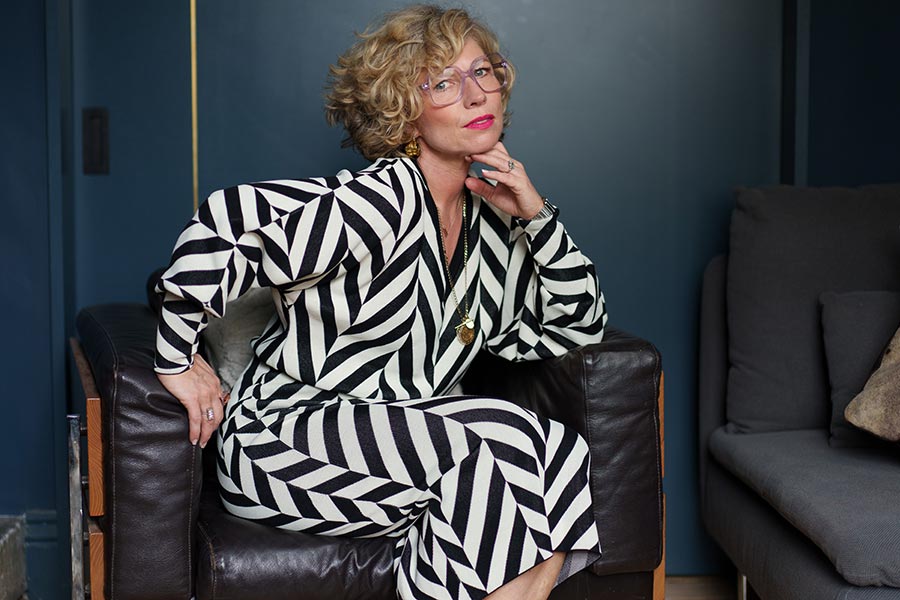
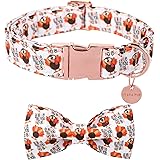
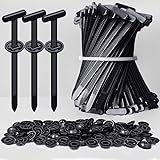



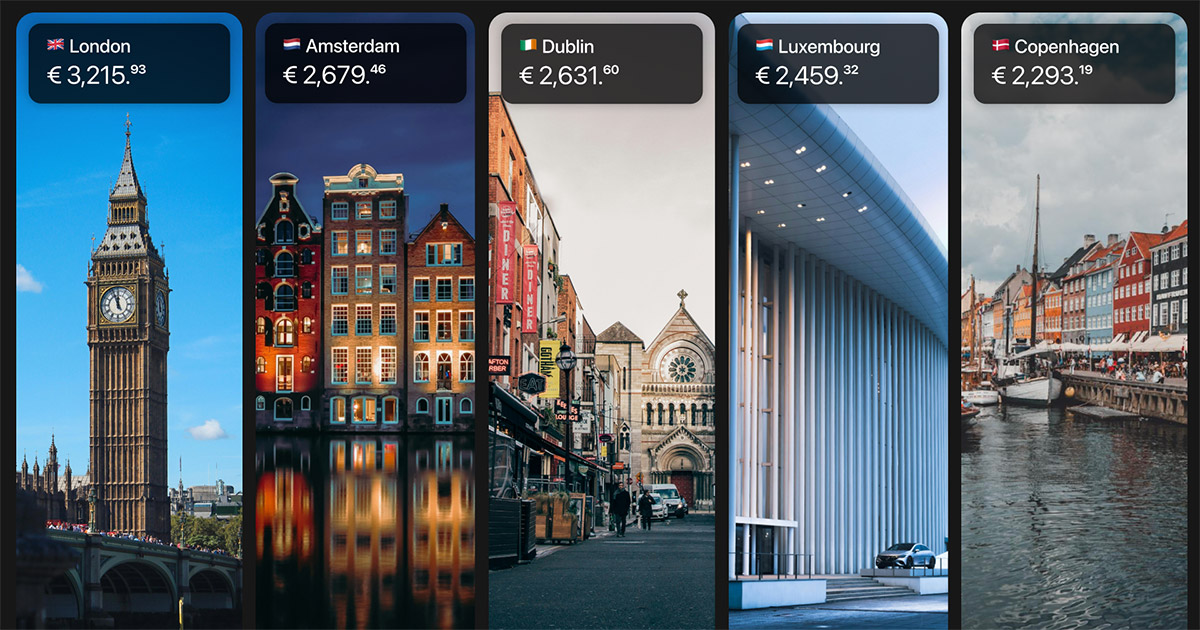

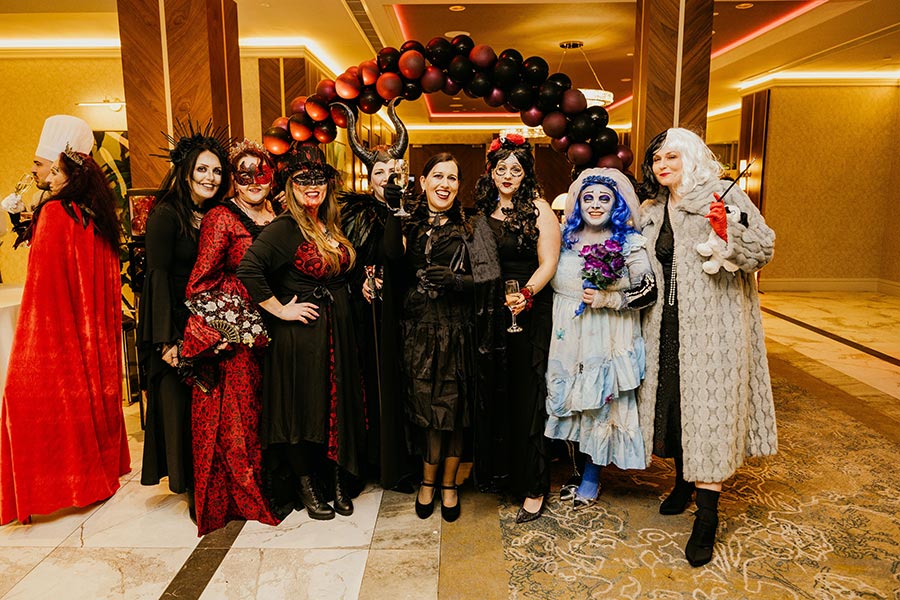











Post Comment